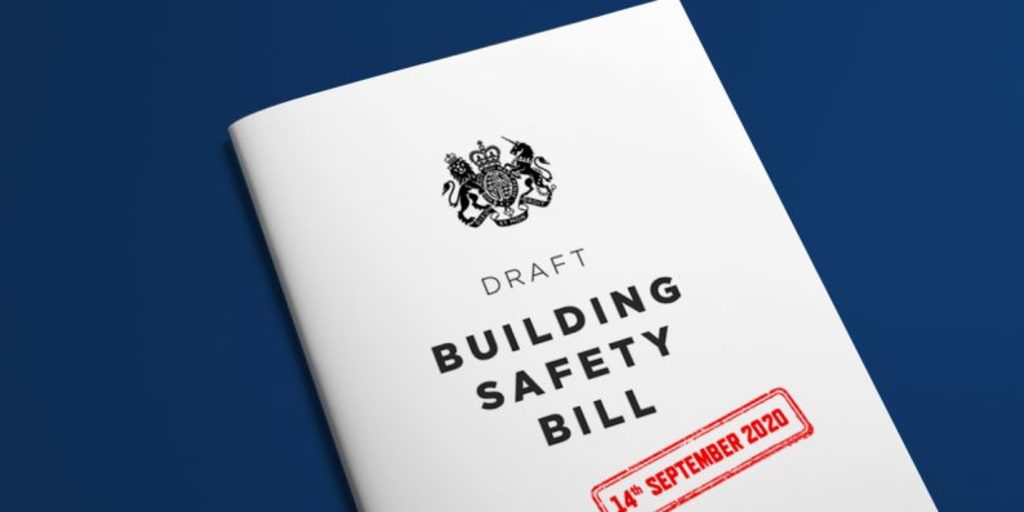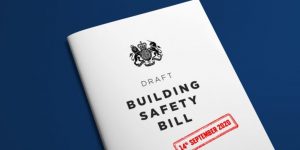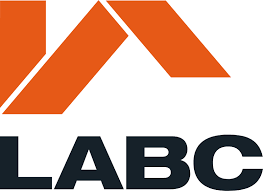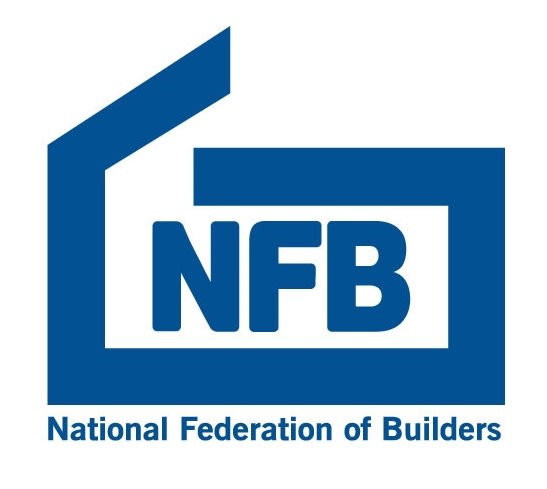CE Midlands backs the Building Safety Bill


The introduction of the Building Safety Bill will bring much-needed improvements to safety compliance and building quality in the residential property sector, according to members of collaborative organisation Constructing Excellence Midlands.
The Building Safety Bill, which was introduced on 5 July 2021, features a new Building Safety Regulator at the core of the reforms, with a focus on safety accountability, increased pathways and compensation opportunities for residents raising concerns and a cultural change to crackdown on poor quality and unlawful building practices.
Andrew Carpenter, chief executive of Constructing Excellence Midlands, said: “The introduction of the Building Safety Bill is a landmark moment for the constructing industry and is promising to see such change now being made. It is a pivotal step towards tackling the UK’s housing crisis – giving more power to the leaseholders.”
Chris Stevens, managing director for the Midlands and performance excellence at Kier, said: “The Building Safety Bill is another positive step forward to improve safety across the built environment and, taken together with other initiatives such as the Building Safer Futures Charter, will help drive up standards and deliver long-term step change within the construction sector.”
The new measures in the Building Safety Bill aim to clearly identify where the responsibility lies for safety compliance, with liability and enforcement available to be enacted by the building safety regulator if required – increasing leaseholder rights to compensation.
The bill also intends to strengthen the regulatory framework for building products to enhance the requirements of the quality control process.
Julie Bell-Barker, head of construction projects and works at City of Wolverhampton Council, said: “I welcome this bill; It has got real teeth and holds clients, designers and contractors accountable for the decisions they make around quality and compliance. I hope the impacts of the reforms will be immediately recognisable and a driving force for cultural change in the construction industry – creating longer-lasting, higher quality and safer homes in the Midlands for years to come.”
Professor Rudi Klein, barrister and director at Klein Legal, said: “Hopefully this bill will help drive genuine collaboration in the industry and reduce the incidence of poor practices – such as payment abuse and lowest price culture – which compromise building quality and has plagued the construction industry for far too long.”
















